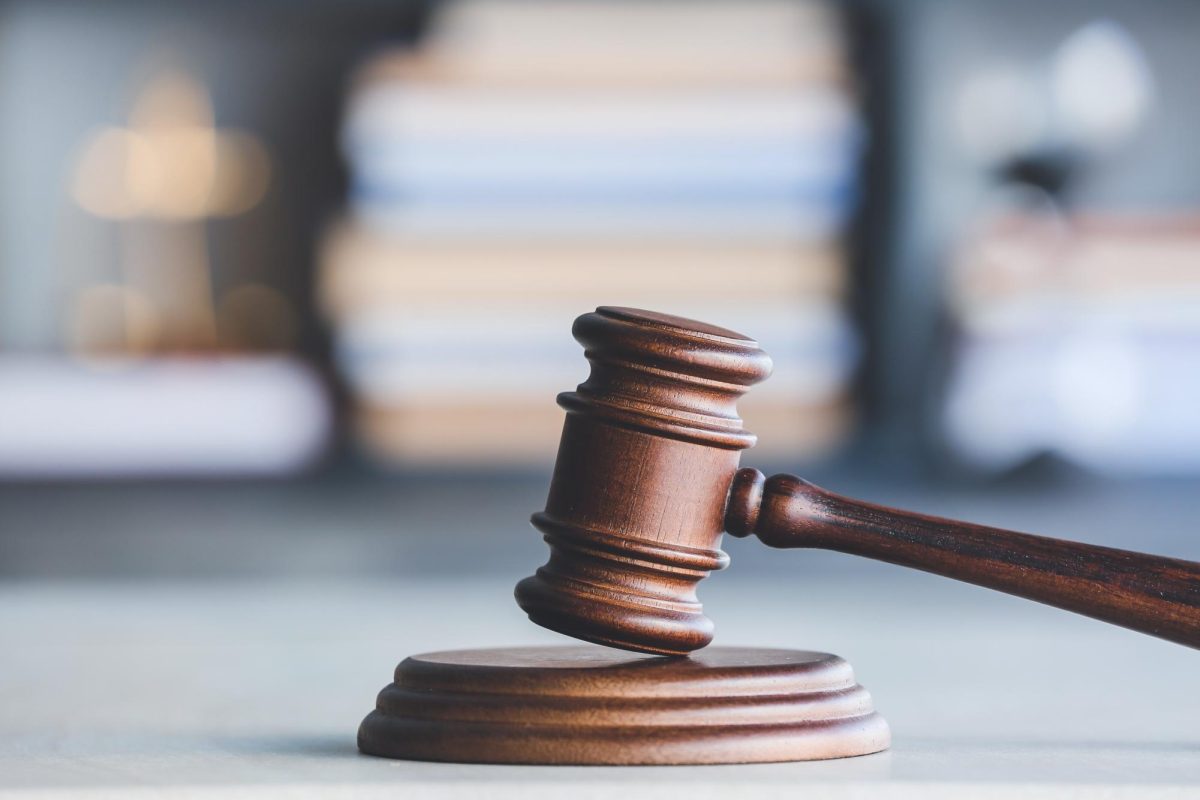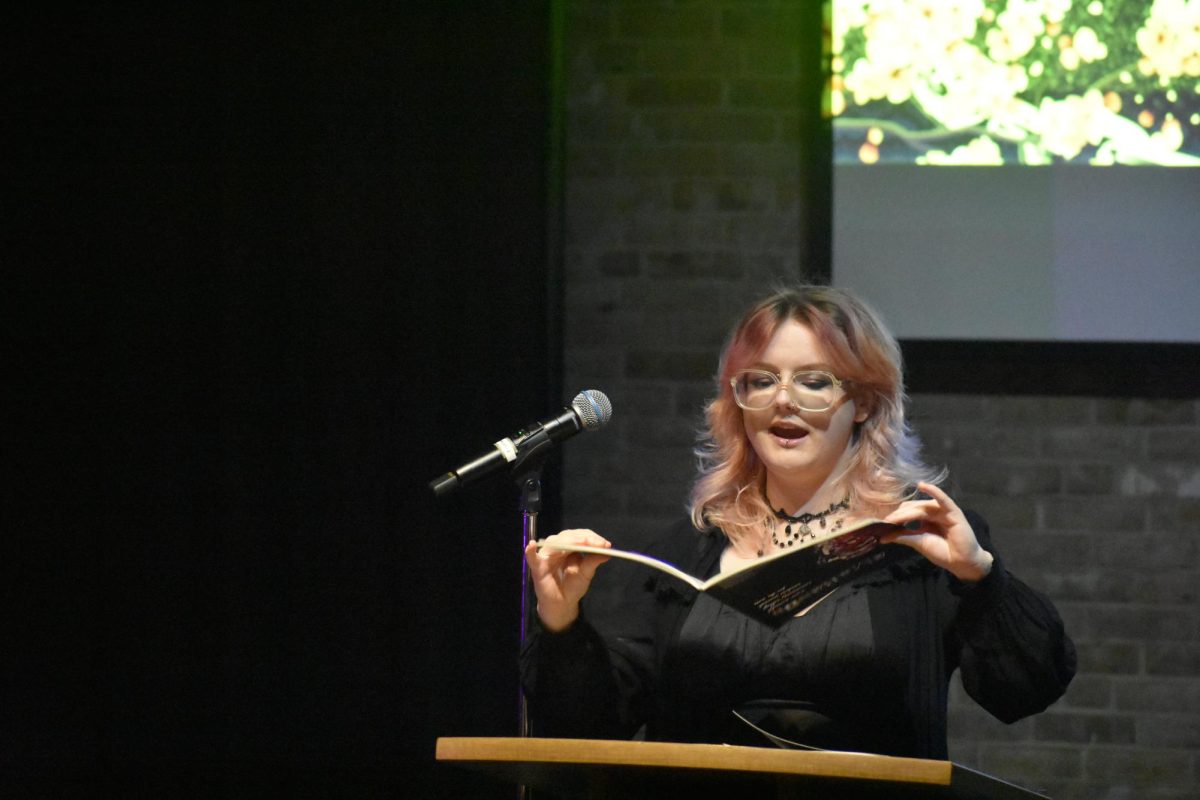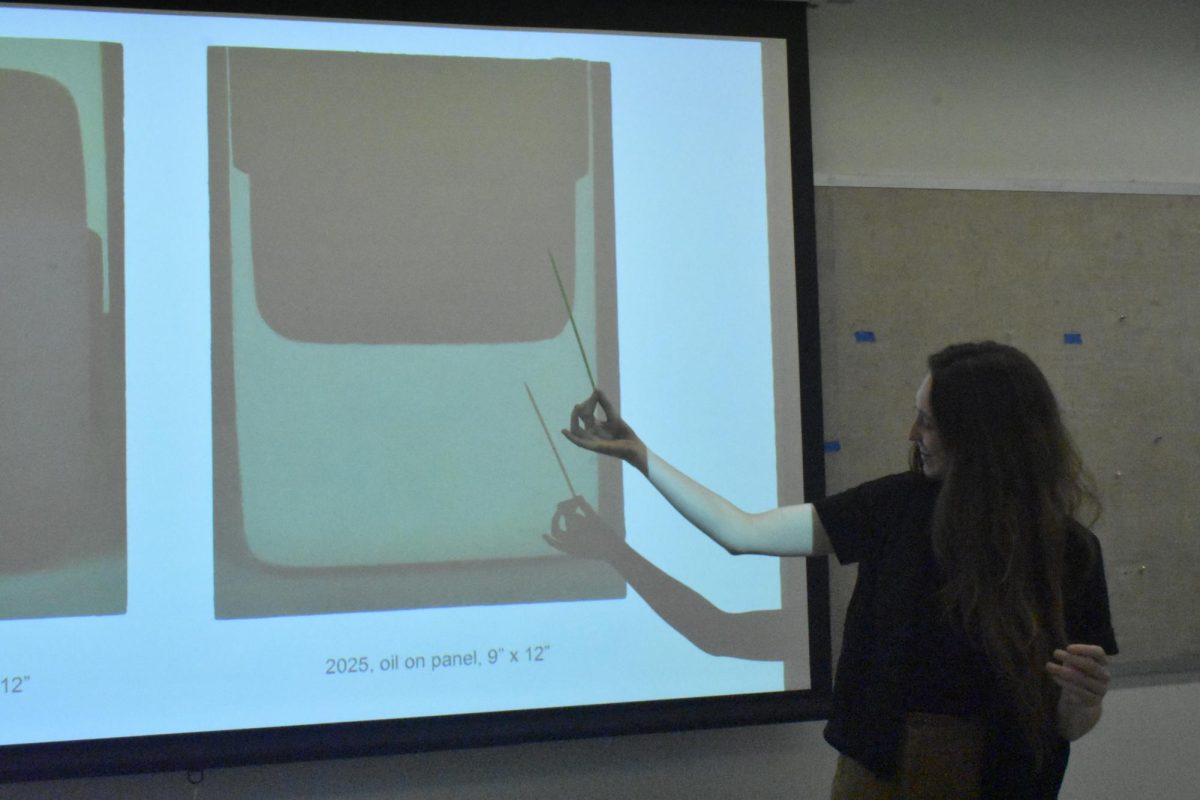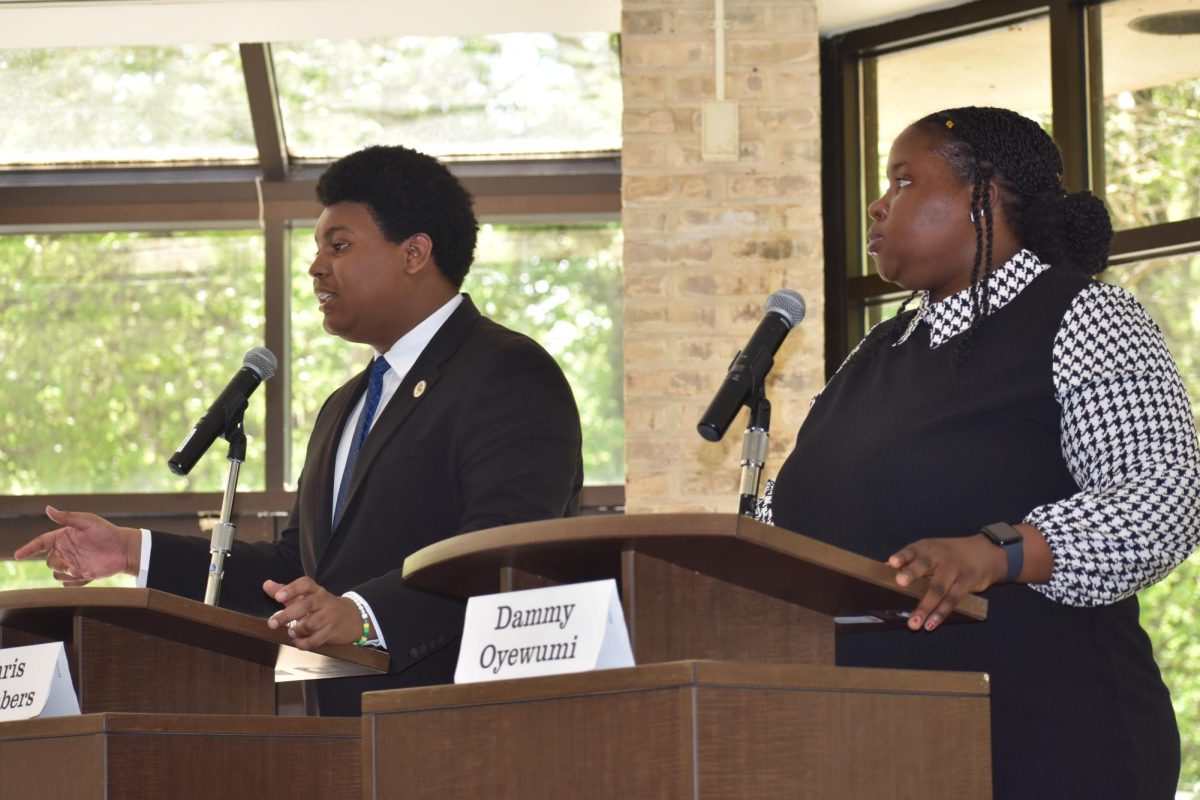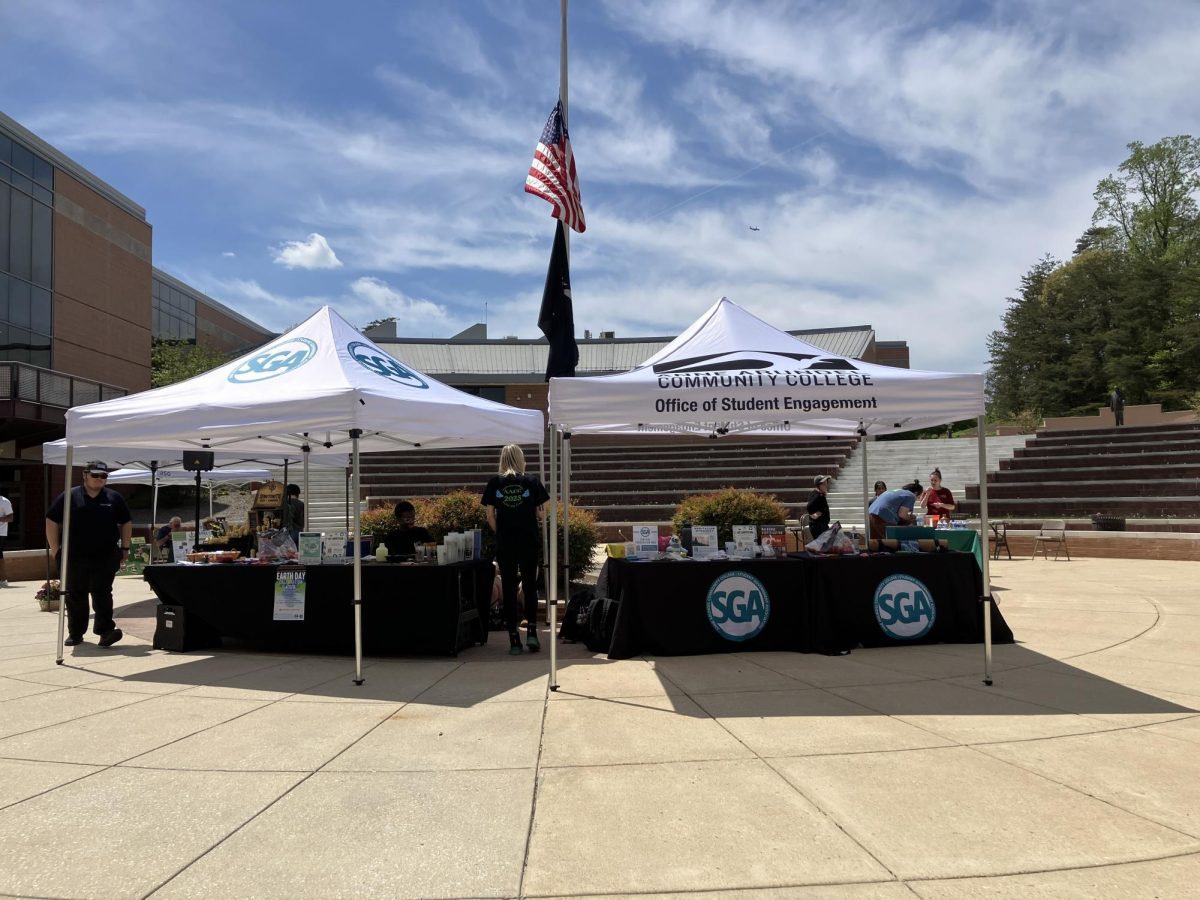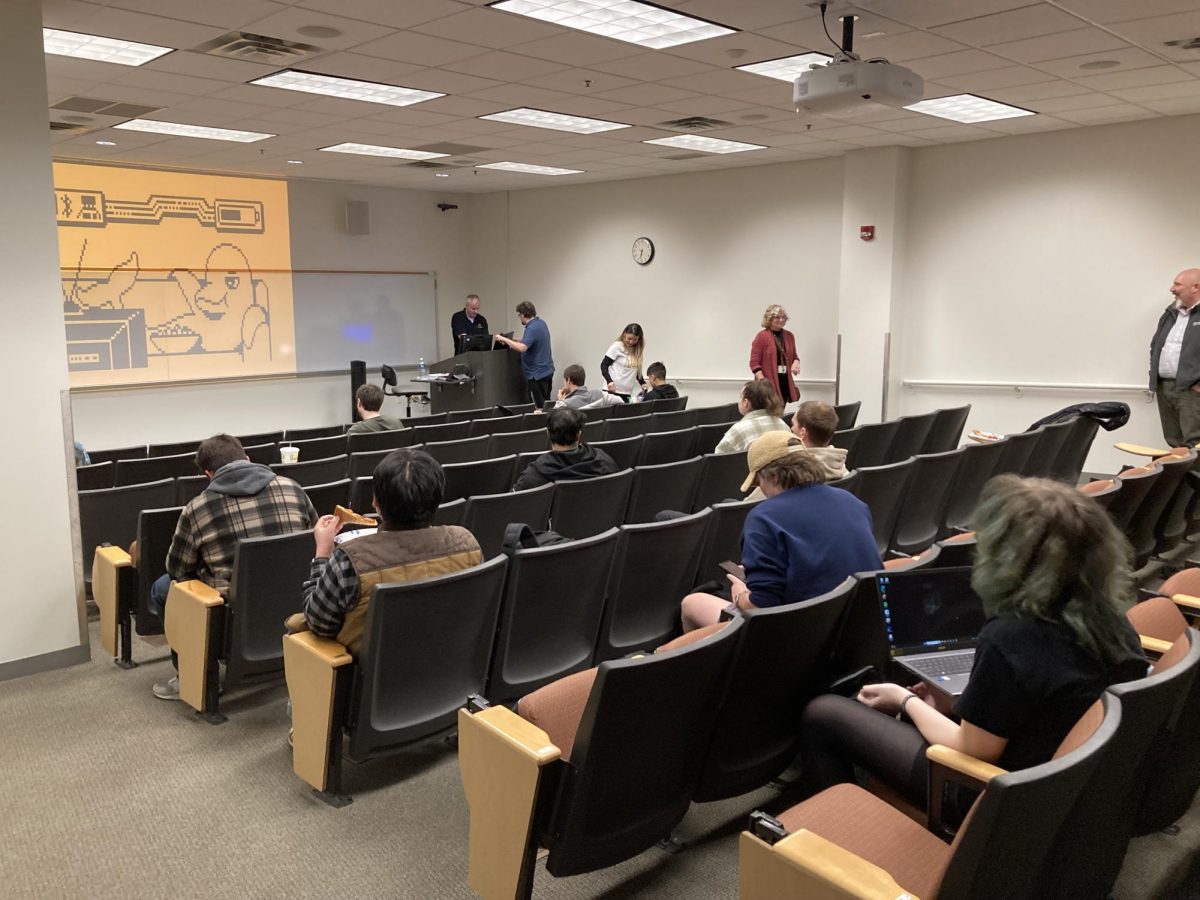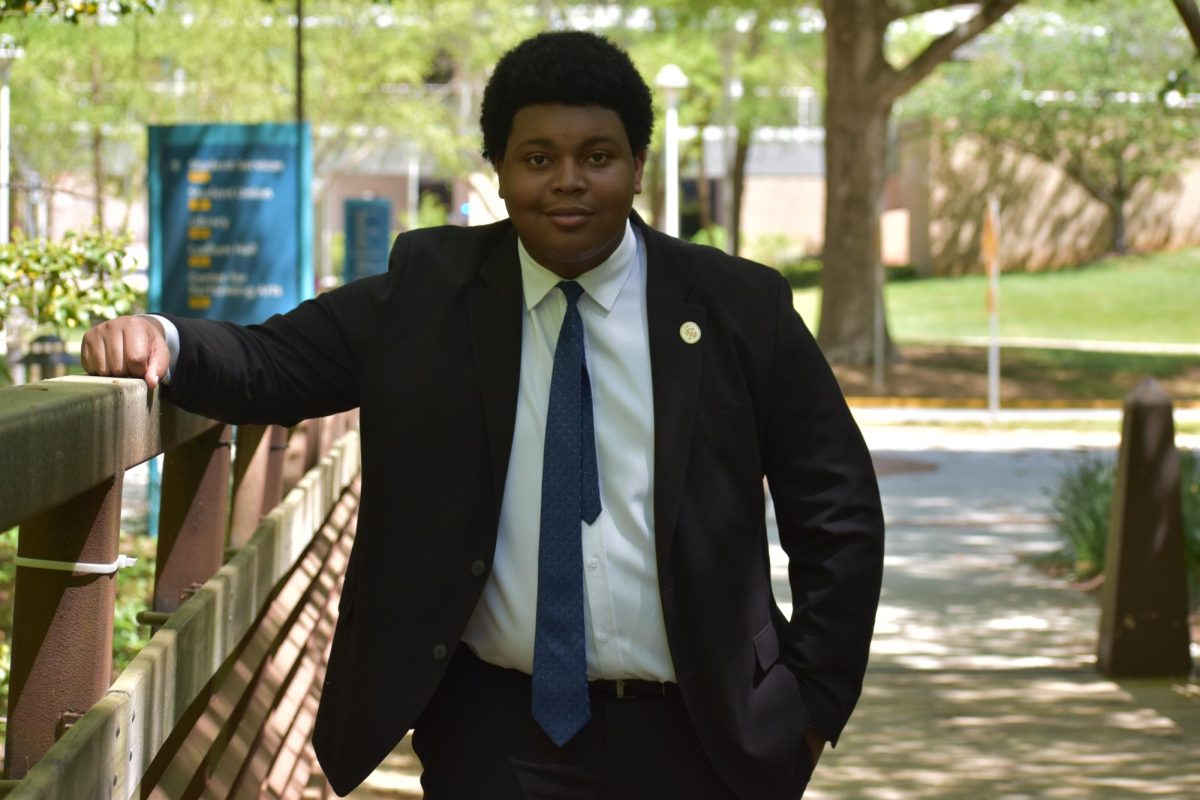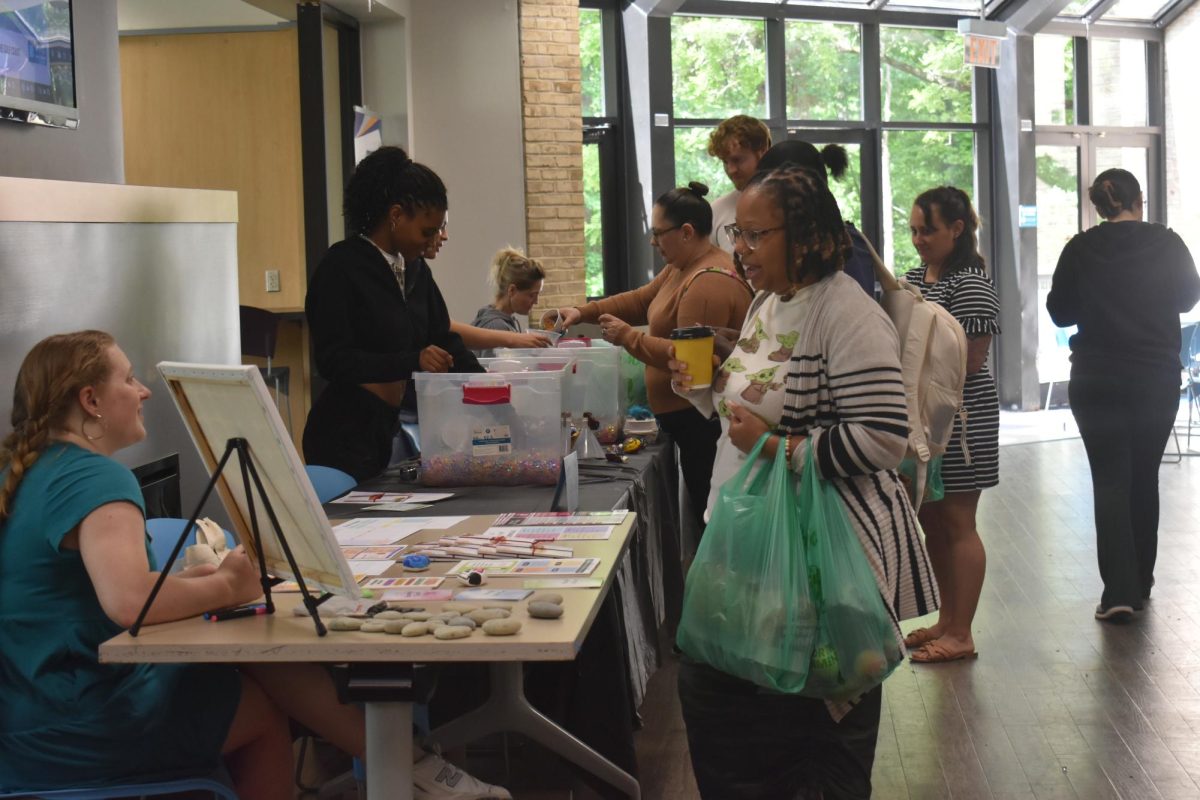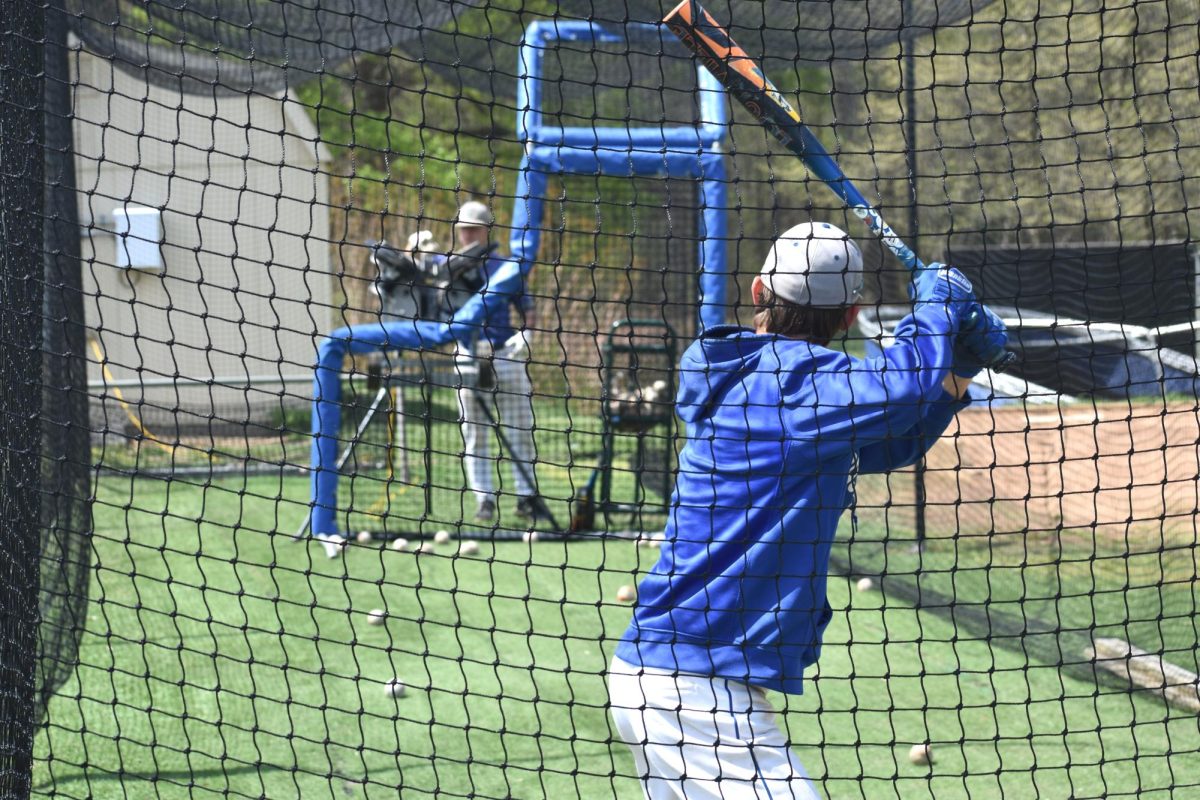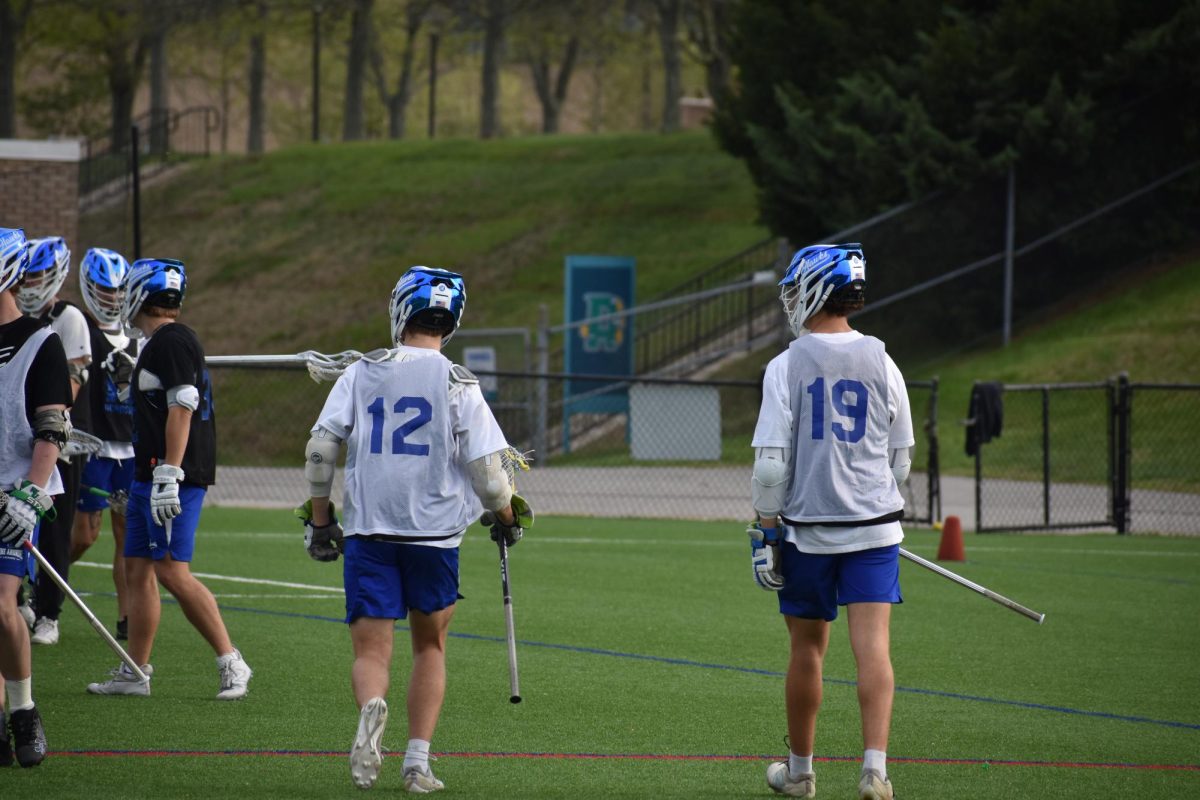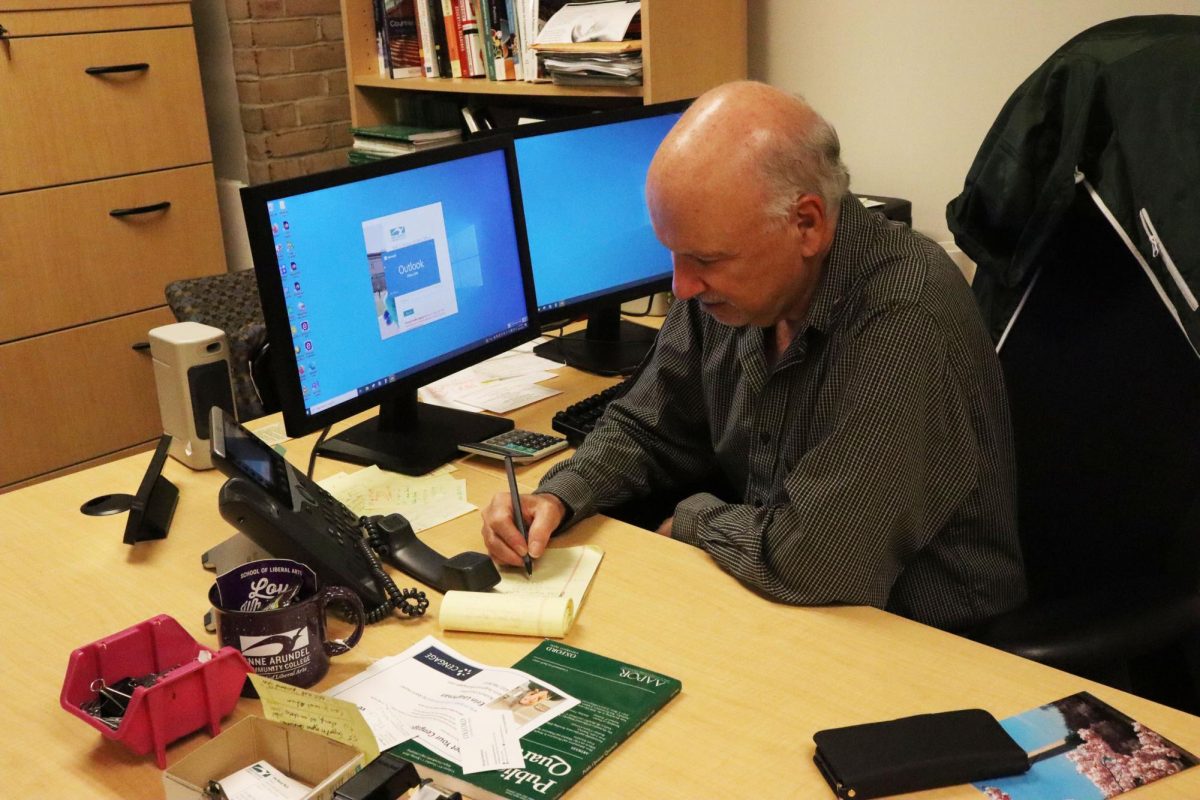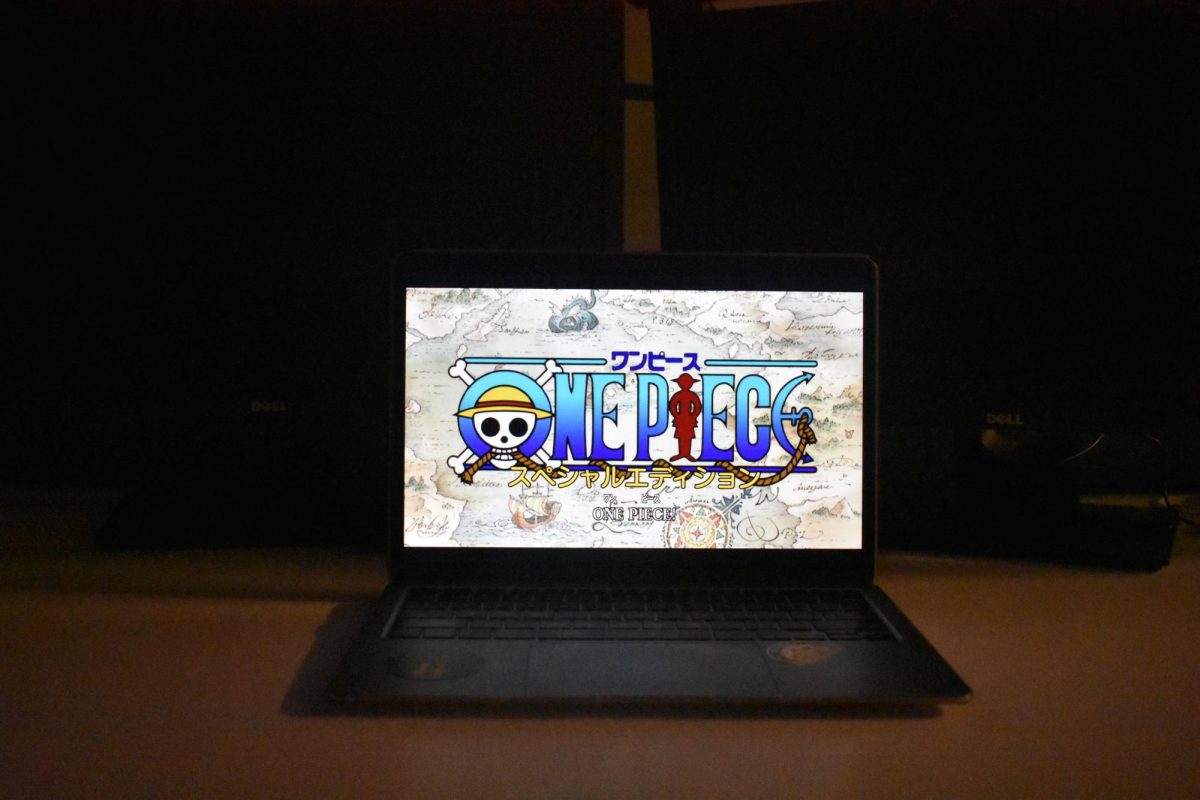One of the most memorable cases that E. Gregory Wells, chief judge of the Appellate Court of Maryland, ever presided over involved two teenage best friends–one who killed the other in a drunken driving accident.
The driver, after pleading guilty to vehicular homicide, broke down in tears in the courtroom.
“I had never heard a human being wail,” recalled Wells, who spoke at the AACC Legal Studies Institute’s 25th annual Forum on the Judiciary on Wednesday. “He was emotionally overcome with what had happened.”
Instead of sending the bereft teen to jail, Wells suspended his sentence but required him to speak about his experience to students at each of Calvert County’s four high schools.
At the first school, the teenager couldn’t bring himself to speak. For the second one, he never showed up. And he missed his third speech, too, which landed him in jail.
“Most judges are willing to go the extra mile,” Wells said, “… before you pull the trigger … and put somebody in jail.”
Wells was one of six members of the Maryland judiciary to speak to an audience of approximately 75 at the forum in Cade. The others were: Richard D. Bennett, senior district judge of the U.S. District Court; Justice Jonathan Biran of the Supreme Court of Maryland; Magistrate Sandra F. Howell of the Anne Arundel County Circuit Court; Chief Judge John P. Morrissey of the District Court of Maryland; and Associate Judge Elizabeth S. Morris of the Anne Arundel County Circuit Court.
“I think a lot of us think about judges as very stern, objective, unfeeling … maybe,” Mary Bachkosky, a legal studies professor who organized the event, said. “And then I think tonight might have undone a lot of preconceived notions about the judicial branch.”
Morrissey told about having to decide whether to award “the ugliest dog I’ve ever seen” to a woman and her 13-year-old daughter, who said the dog was theirs, or a man who claimed the dog was his. After determining the dog was female, as the woman claimed, Morrissey gave her the dog–but made an unofficial arrangement for the man to visit.
Morris’ story was about her experience as a law student working in a legal clinic defending “the world’s worst drug dealer,” a 19-year-old who had tried to sell drugs, on three different occasions, to undercover police officers. He sat in a detention center for a month because he couldn’t raise $200 for bail.
She recounted what her professor at the time said: “There’s no one in the world who cares about him, and he couldn’t raise $200 to get … out of jail.
“I just think about the evolution of me,” Morris said, “sort of this know-it-all, 24 years old, you commit a crime, you go to jail, the end.” Instead of sending the young man to jail, however, the judge worked with a community agency to find him housing and a job.
“Just to have that interaction … was truly life changing for me and set me on the path to where I am today,” Morris said.The most interesting part of the evening, Layla Bean, a first-year paralegal studies student, said, “was getting to hear their most impactful case.”
Bachkosky said the event was not just for paralegal students.
“I think it’s a great event for anybody in the community,” Bachkosky said. “Because most of us don’t engage with the judicial branch on a regular basis, right? And so to see [judges] as humans and to see them as compassionate humans, I think, brings to light something a little bit different than maybe [how] TV shows and movies present judges.”
First-year paralegal studies student Deverick Brown agreed.
“Especially as a student, you are usually out of trouble, so you don’t ever find yourself in a courtroom,” Brown said. “So it was definitely a great feeling being around, you know, this environment with all these different-minded individuals.”
The speakers offered some advice to students who are about to begin their careers.
Howell advised students to take care of themselves.
“As you’re trying to make decisions to take care of other people, take care of yourself,” she said.
Bennett suggested that students should never make a career decision based solely on how much a job pays. Biran and Morris pointed to the importance of relationships, especially with colleagues. And Morrissey reminded students that “little things” can have a big impact.



